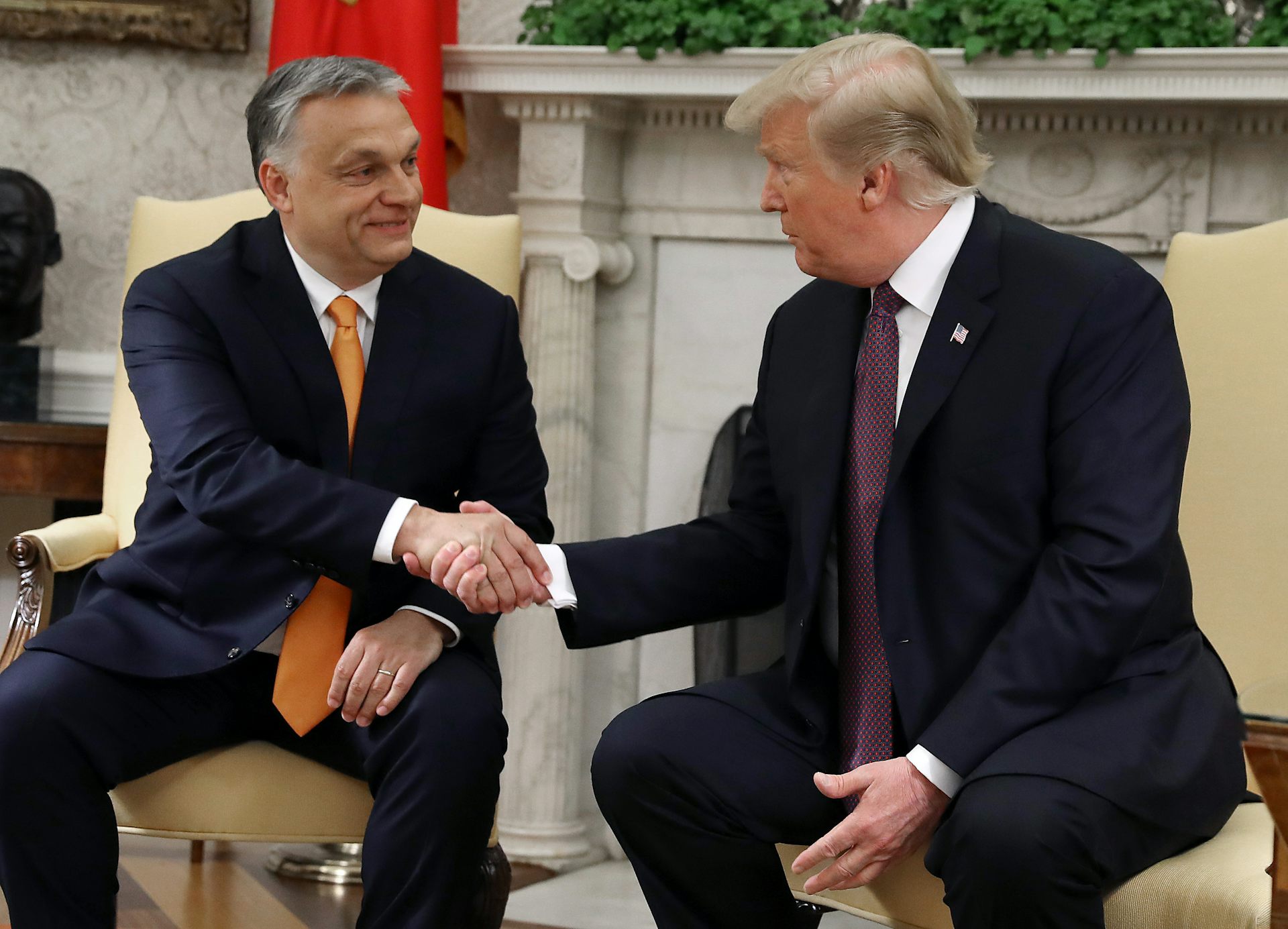Mcconnell Votes Against Trump's Defense Pick, Warns Of 'geostrategic Self-harm'

Former Senate Republican Leader Mitch McConnell (Ky.) on Tuesday voted against Elbridge Colby, President Trump’s pick to serve as under secretary of policy at the Defense Department, warning of "geostrategic self-harm" if the U.S. followed through on Colby's priorities.
McConnell, in a statement explaining his vote, took issue with Colby’s past statements arguing that the United States should pivot its national security focus away from Europe and the Middle East and toward the Indo-Pacific.
“The prioritization that Mr. Colby argues is fresh, new, and urgently needed is, in fact, a return to an Obama-era conception of a la carte geostrategy. Abandoning Ukraine and Europe and downplaying the Middle East to prioritize the Indo-Pacific is not a clever geopolitical chess move,” McConnell warned.
“It is geostrategic self-harm that emboldens our adversaries and drives wedges between America and our allies for them to exploit,” he said.
McConnell was the only Republican to vote against Colby, who won confirmation to the No. 3 role at the Pentagon by a 54-45 vote.
Three Democrats, Sen. Jack Reed (R.I.), the ranking member of the Senate Armed Services Committee, and Sens. Mark Kelly (Ariz.) and Elissa Slotkin (Mich.) voted for Colby.
McConnell warned that Colby’s confirmation “leaves open the door for the less-polished standard-bearers of restraint and retrenchment at the Pentagon to do irreparable damage to the system of alliances and partnerships that serve as force multipliers to U.S. leadership.”
“It encourages isolationist perversions of peace through strength to continue apace at the highest levels of administration policymaking,” he said.
McConnell was one of several Republican senators who had “serious concerns” about Colby’s nomination, according to a Senate GOP source familiar with the vetting process.
In the end, the senior senator from Kentucky, who does not plan to run for reelection, was the only Republican to follow through on those concerns by voting no.
Republican senators have privately voiced concerns about two other senior officials at the Pentagon, who fall into the category of “standard-bearers of restraint and retrenchment.”
At Colby’s confirmation hearing last month, Senate Armed Services Committee Chair Roger Wicker (R-Miss.) asked the nominee if he had any role in tapping Michael DiMino to serve as deputy assistant secretary for Defense for the Middle East.
DiMino has drawn opposition from some pro-Israel advocates by arguing that the United States doesn’t face vital or existential threats in the region.
Colby told Wicker that he did not choose DiMino for the job and asserted that DiMino’s past stated views did not reflect Trump’s policy in the Middle East.
Wicker also grilled Colby over another Trump policy adviser, Andrew Byers, the deputy assistant secretary of Defense for South and Southeast Asia.
Wicker said that Byers “believes thinking about communist China through the lens of deterrence is wrong” and “thinks maybe we should give up what he calls belligerent policies toward China.”
Colby said those statements did not reflect his views.
McConnell said in his statement Tuesday that he remains committed to supporting national security nominees “whose records and views make them assets, not liabilities, in the restoration of U.S. hard power.”
“Make no mistake: America will not be made great again by those who are content to manage our decline,” he warned.


